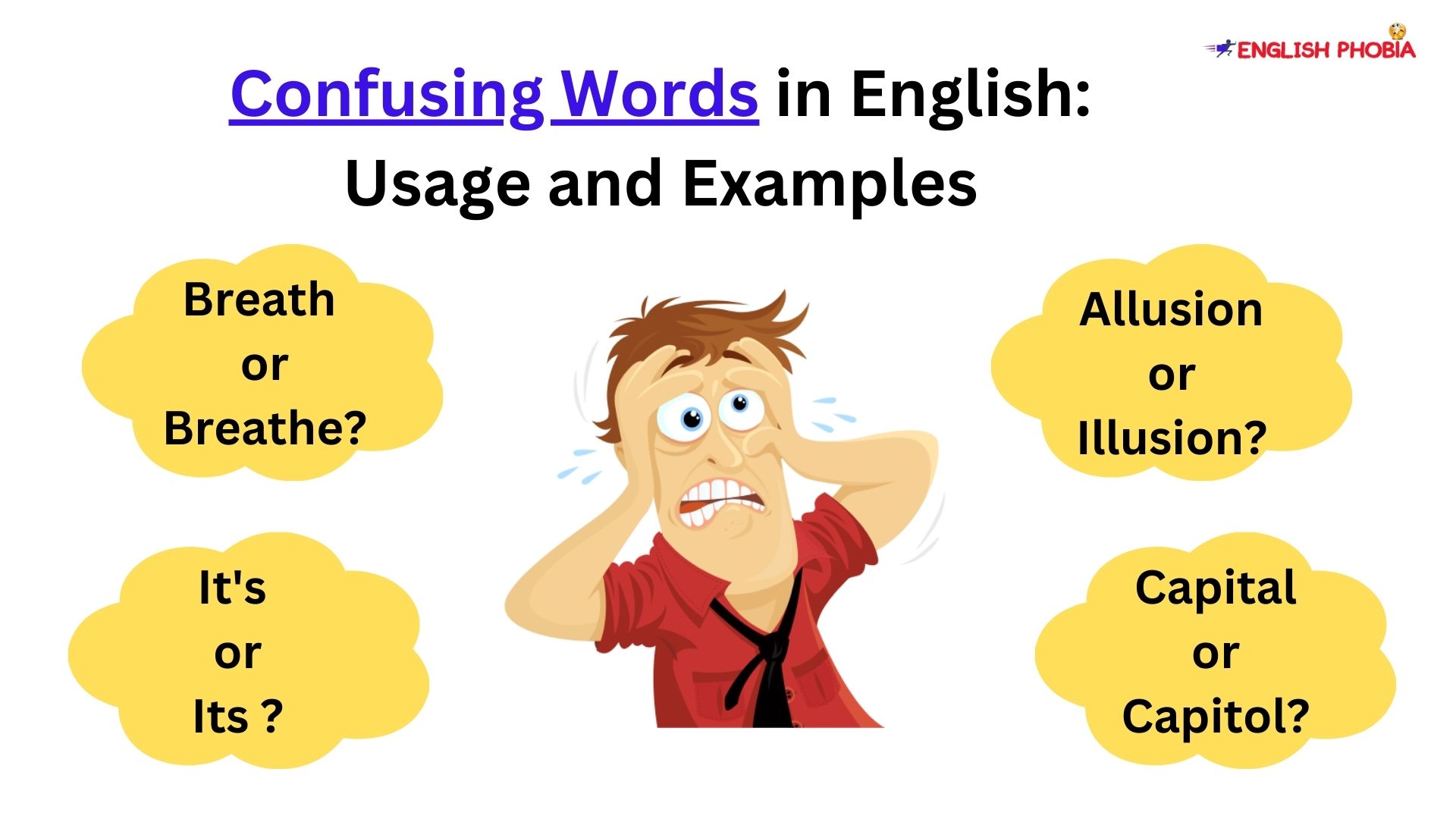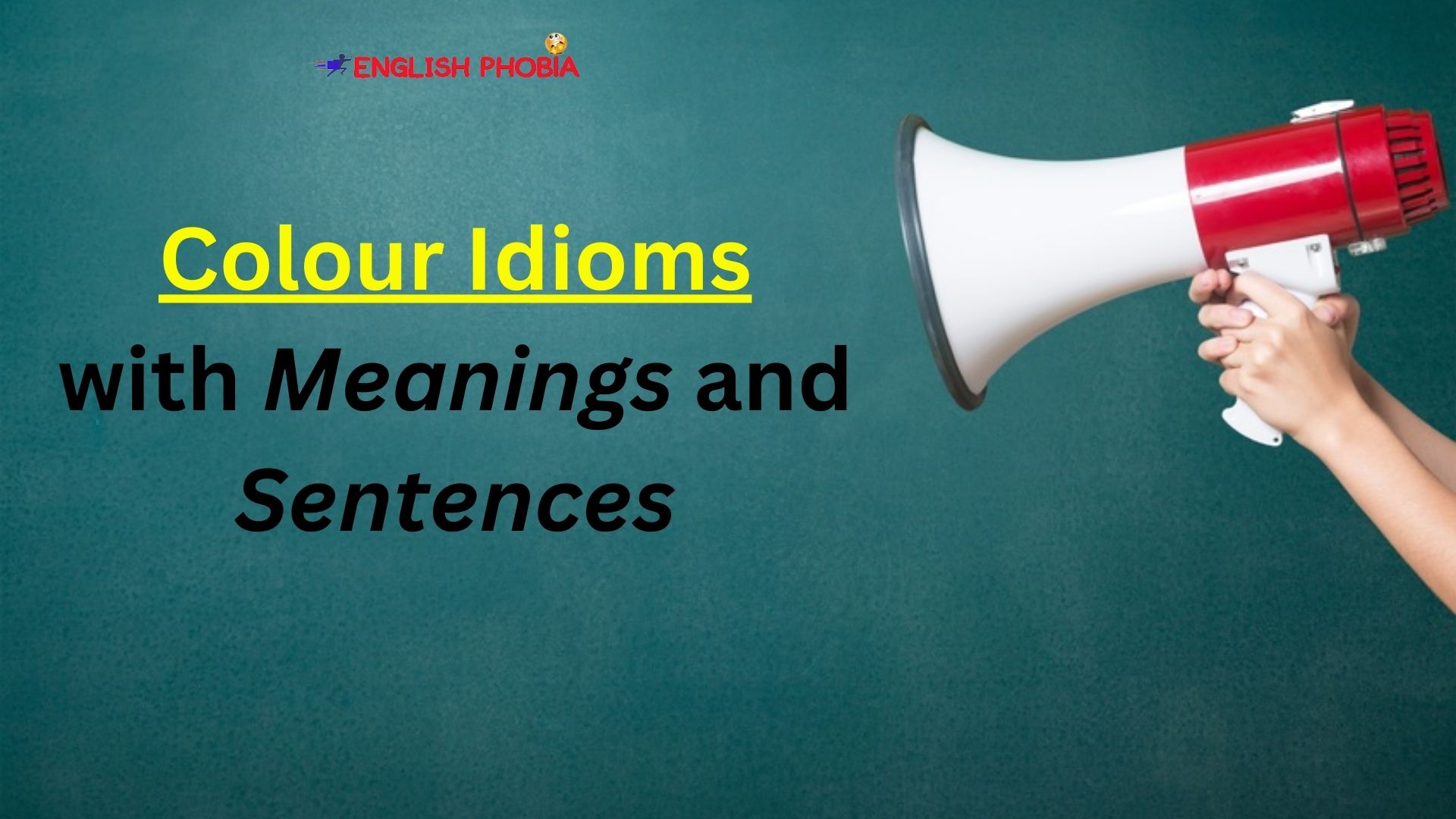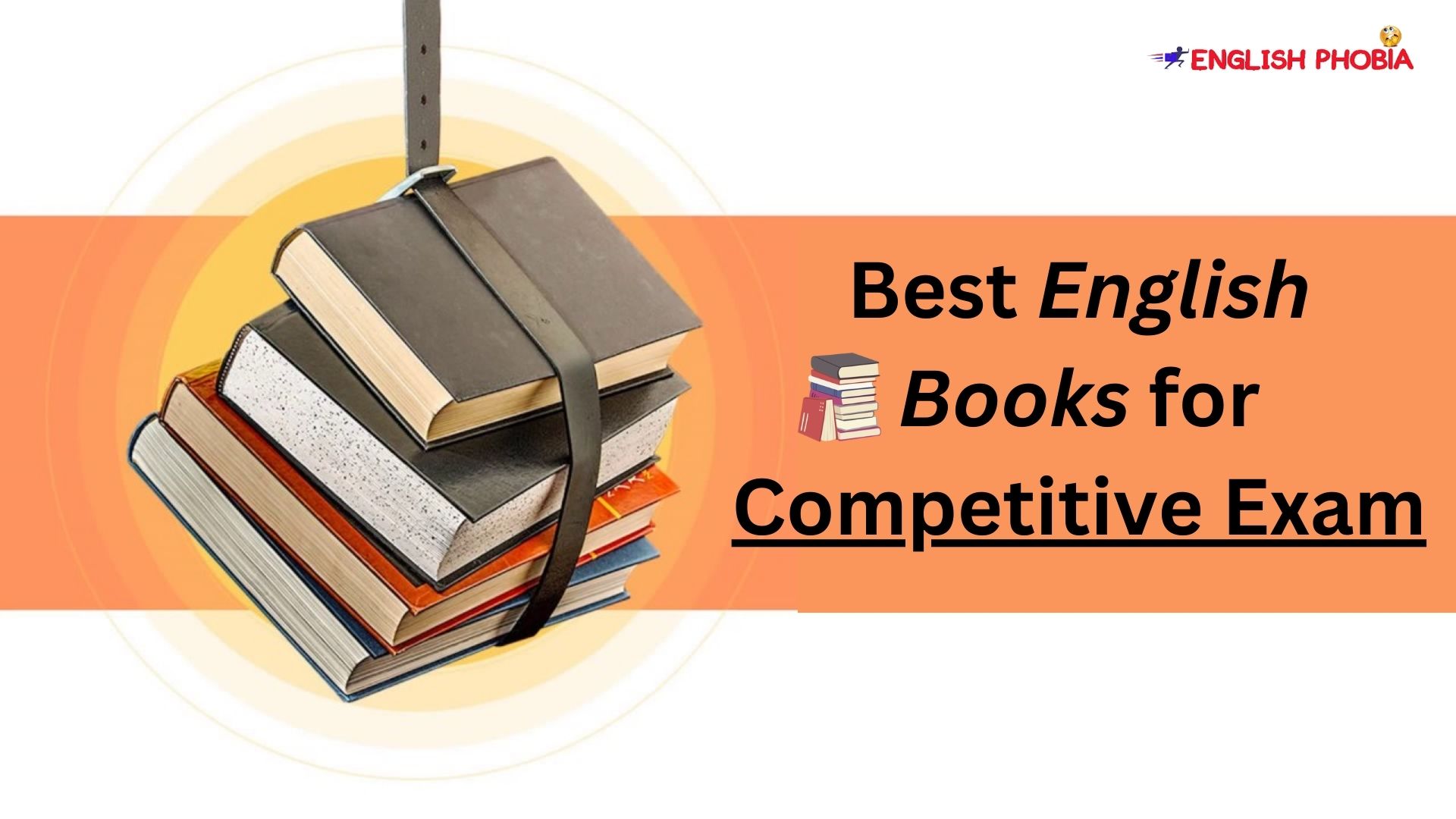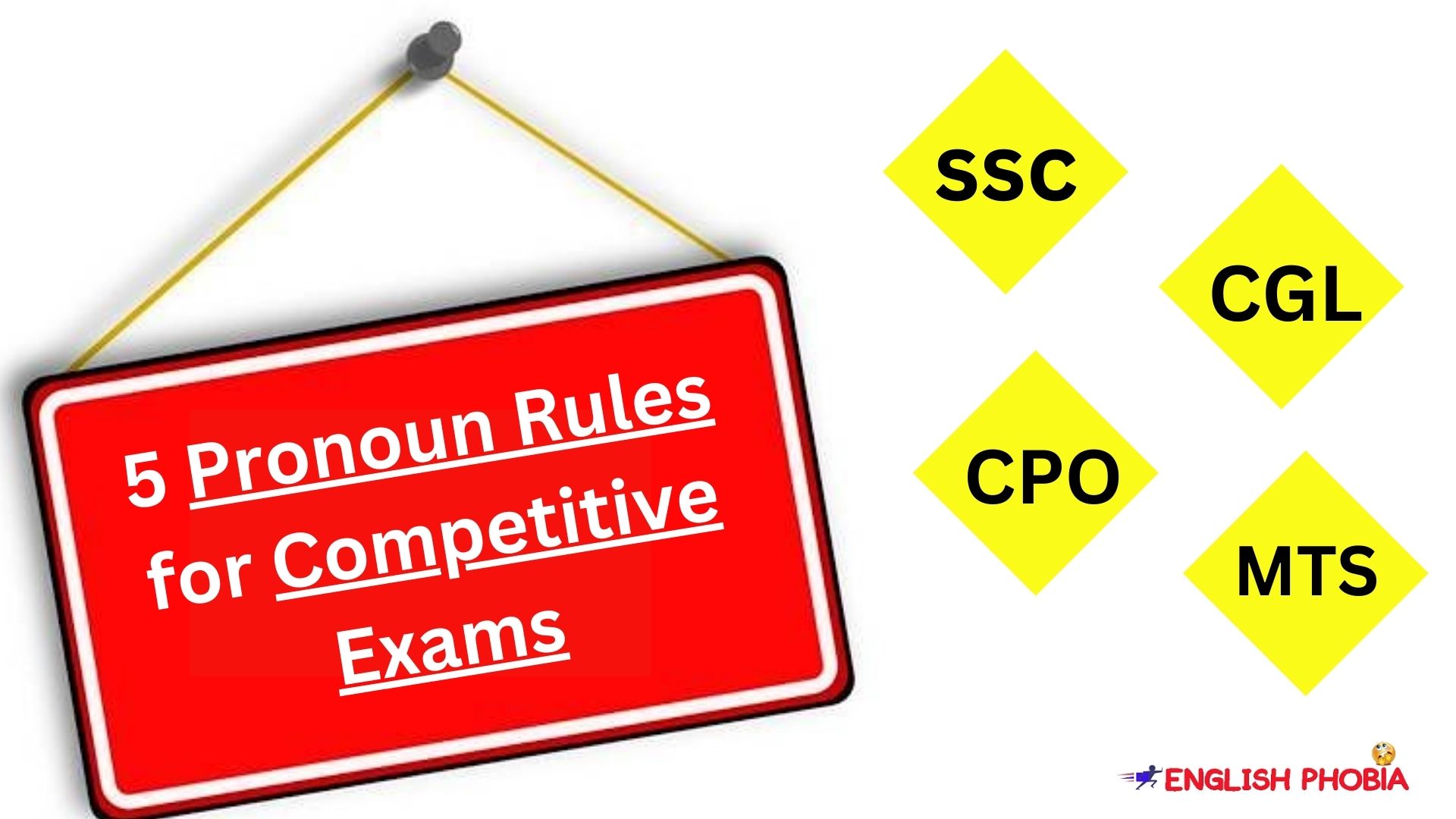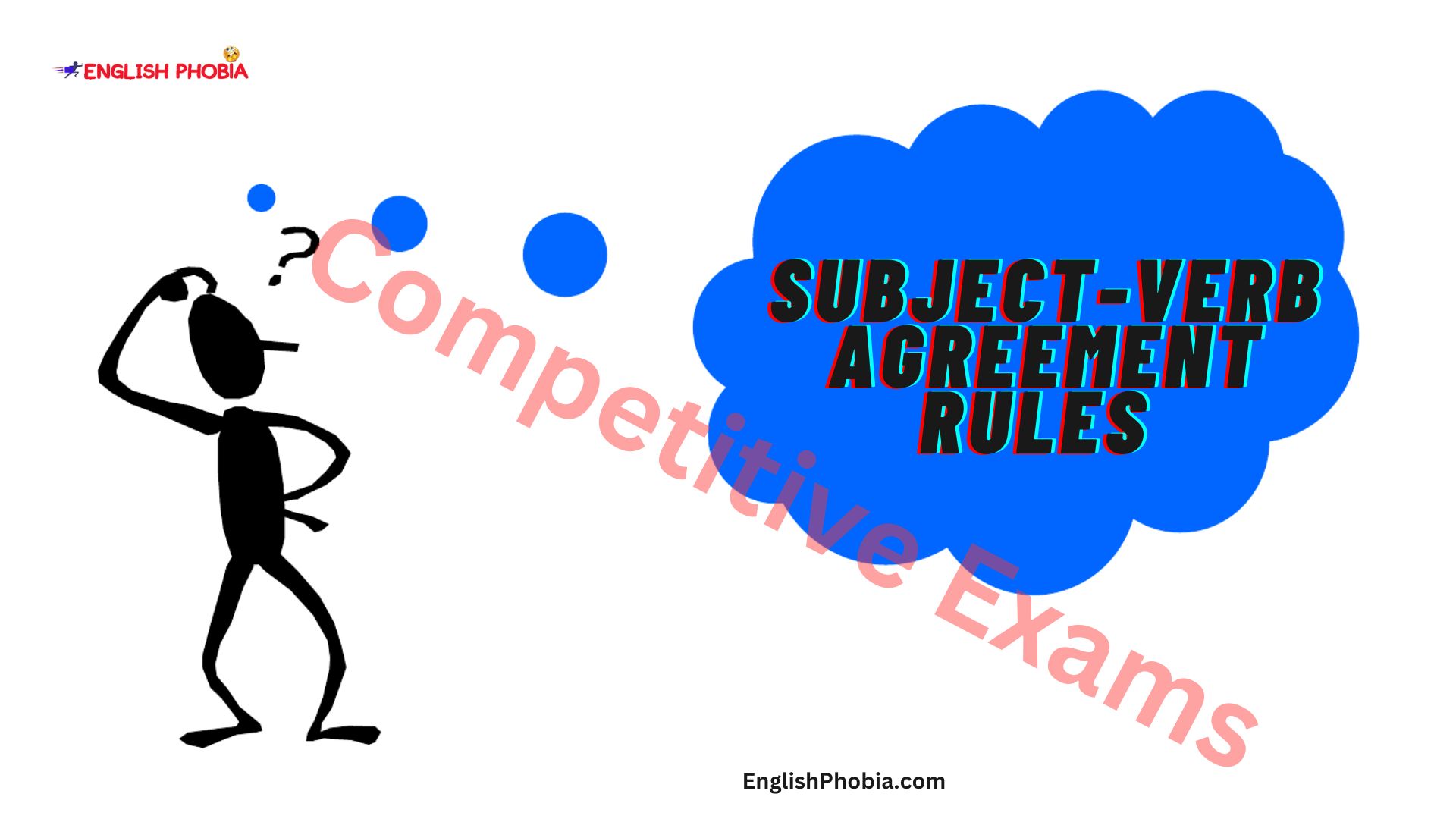English can be a tricky language. We have a lot of words that sound similar in English but have different meanings. These confusing words in English often trip us up and lead to misunderstandings. In this blog post, we will explore 30 such confusing words. Here you will have clear definitions and Examples.
1) Affect vs. Effect:
Affect (verb): To influence or change something.
Example: English grammar will affects your life a lot.
Effect (noun): The result or outcome of a particular action.
Example: There are positive and negative effects of social media.
2) Accept vs. Except:
Accept (verb): To receive or agree to something.
Example: She accepted the invitation to the party.
Except (preposition): Not including or excluding someone or something.
Example: Everyone attended the meeting except John.
3) Allusion vs. Illusion:
Allusion (noun): An indirect reference to something.
Example: The book contains an allusion to a famous historical event.
Illusion (noun): A false perception or a misleading image.
Example: The magician created an illusion of disappearing into thin air.
4) Complement vs. Compliment:
Complement (noun): Something that completes or enhances another thing.
Example: The red shoes were a perfect complement to her dress.
Compliment (noun/verb): Praise or admiration.
Example: She received a compliment on her artwork.
5) Desert vs. Dessert:
Desert (noun): A dry, arid region with little or no vegetation.
Example: The life is very difficult in Desert.
Dessert (noun): A sweet course served after a meal.
Example: I can’t wait to have chocolate cake for dessert.
6) Capital vs. Capitol:
Capital (noun): A city where a country’s government is located.
Example: Washington, D.C., is the capital of the United States.
Capitol (noun): A building where a legislative body meets.
Example: The protestors gathered outside the state capitol.
7) Hear vs. Here:
Hear (verb): To perceive sounds through the ears.
Example: Can you hear the birds singing?
Here (adverb): at this place.
Example: Sanjay came here to meet me.
You can write down this confusing words list to practice.
8) Your vs. You’re:
Your (pronoun): Belonging to or associated with you.
Example: Is this your book?
You’re (contraction): Contraction of “you are.”
Example: You’re going to love this movie.
9) Their vs. There vs. They’re:
Their (pronoun): Belonging to or associated with them.
Example: The children and their parents went to the zoo.
There (adverb): In or at that place.
Example: My book is there on the table.
They’re (contraction): Contraction of “they are.”
Example: They’re coming to the party tonight.
Learn these common confusing words and use them correctly.
10) Weather vs. Whether:
Weather (noun): The atmospheric conditions, such as rain, snow, or sunshine.
Example: The weather forecast predicts thunderstorms tomorrow.
Whether (conjunction): Introducing two or more alternatives.
Example: Roma can’t decide whether she should eat ice cream or a burger.
11) Then vs. Than:
Then (adverb): after that.
Example: We’ll have lunch first, and then we’ll go to the museum.
Than (conjunction): Used in comparisons.
Example: This book is more interesting than the last one.
If you don’t know how to compare things, learn these best rules for comparison.
12) Loose vs. Lose:
Loose (adjective): Not tight or firmly held in place.
Example: Her shoelaces are loose, and she might trip.
Lose (verb): To misplace something or be defeated in a game or contest.
Example: Don’t lose your keys again!
13) Stationary vs. Stationery:
Stationary (adjective): Not moving or fixed in place.
Example: The car was stationary at the traffic light.
Stationery (noun): Writing materials like paper, pens, and envelopes.
Example: She bought some beautiful stationery for her thank-you notes.
Now look at these words. They have confusing spellings therefore, be careful with them.
14) Principal vs. Principle:
Principal (noun/adjective): The head of a school; the main person or thing.
Example: The principal congratulated the students on their achievements.
Principle (noun): A fundamental truth, law, or belief.
Example: Honesty is a crucial principle for gentle people.
15) Farther vs. Further:
Farther (adjective/adverb): Referring to physical distance.
Example: Kamal works farther than his brother.
Further (adjective/adverb): Referring to a figurative or metaphorical distance.
Example: Let’s discuss this matter further.
16) Passed vs. Past:
Passed (verb): Past tense of “pass.”
Example: She passed her driving test with flying colors.
Past (noun/adjective): Referring to time gone by or a previous time.
Example: The past year was filled with wonderful memories.
17) It’s vs. Its:
It’s (contraction): short form of “it is” or “it has.”
Example: It’s a beautiful day outside.
Its (pronoun): Possessive form of “it.”
Example: The dog wagged its tail happily.
18) Brake vs. Break:
Brake (noun/verb): A device for slowing or stopping a vehicle.
Example: Be sure to use the brake when coming to a stop.
Break (noun/verb): To fracture or split something; a pause or rest.
Example: She needs a break after working for hours.
19) Sight vs. Site vs. Cite:
Sight (noun): The ability to see; something that can be seen.
Example: The mountain was an impressive sight.
Site (noun): A location or place.
Example: They are building a new office on this site.
Cite (verb): To refer to a source of information or quote someone.
Example: The student cited several books in their research paper.
I hope you are enjoying these confusing words in English.
20) Waist vs. Waste:
Waist (noun): The narrow part of our body between the hips and ribs.
Example: She tied a belt around her waist.
Waste (noun/verb): Material that is discarded or unused; to use carelessly.
Example: Don’t waste your food; it’s still good to eat.
21) Advice vs. Advise:
Advice (noun): Suggestions or recommendations given to someone.
Example: He gave me some good advice on how to study better.
Advise (verb): To give counsel or offer recommendations.
Example: I advise Rakesh to focus on trading.
22) Breath vs. Breathe:
Breath (noun): The air goes inside our lungs.
Example: Take a deep breath before starting your presentation.
Breathe (verb): To inhale and exhale air.
Example: She took a moment to breathe deeply and calm her nerves.
23) Right vs. Write:
Right (adjective/noun): Correct or morally good; a direction opposite to left.
Example: The answer is right; you did a great job!
Write (verb): To inscribe words or sentences on paper or another surface.
Example: Can you write your name on this form, please?
24) Fewer vs. Less:
Fewer (adjective): Referring to a smaller number of countable things.
Example: There are fewer apples in the basket than oranges.
Less (adjective): Referring to a smaller amount or quantity of uncountable things.
Example: She needs less sugar in her tea.
25) Cereal vs. Serial:
Cereal (noun): A grain used as food, like wheat or oats.
Example: I like to have cereal with milk for breakfast.
Serial (adjective/noun): Referring to a series of events or things; a publication issued in parts.
Example: The TV show is a gripping crime serial.
These are some commonly confused words in English. Continue reading it more such words.
26) Quiet vs. Quite:
Quiet (adjective/noun): Making little or no noise; calm or peaceful.
Example: The park is a quiet place to perform yoga posture.
Quite (adverb): To a significant extent or degree.
Example: She is quite talented at playing the piano.
27) Lend vs. Borrow:
Lend (verb): To give something to someone temporarily.
Example: Can Neha lend her brother her pillow for a moment?
Borrow (verb): To take something temporarily from someone.
Example: I need to borrow a book from the library.
28) Quiet vs. Quite:
Quiet (adjective/noun): Making little or no noise; calm or peaceful.
Example: My study room is a quiet place to work.
Quite (adverb): To a significant extent or degree.
Example: She is quite talented at playing the piano.
29) Threw vs. Through:
Threw (verb): Past tense of “throw”; to propel something through the air.
Example: Kundan threw me the marker.
Through (preposition/adjective/adverb): Moving from one side to the other; completed or finished.
Example: They walked through the park and enjoyed the scenery.
Conclusion:
Learning and mastering these confusing words in English will boost your language skills. By understanding their meanings and examining usage Examples, you can confidently choose the right words in any context. Remember to pay attention to the little differences between similar-sounding words. With practice, you will avoid confusion and express yourself clearly in both spoken and written English.







